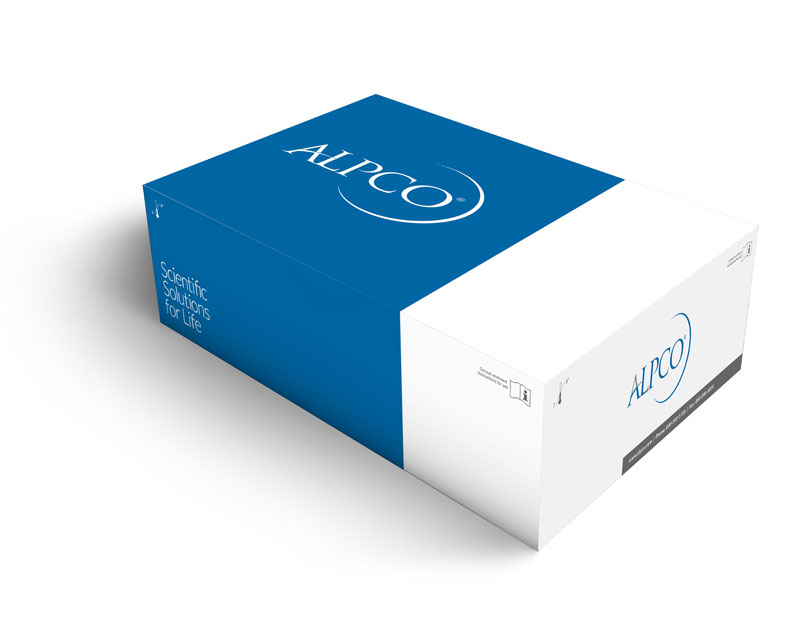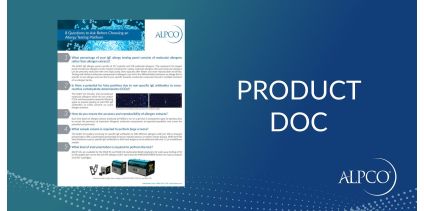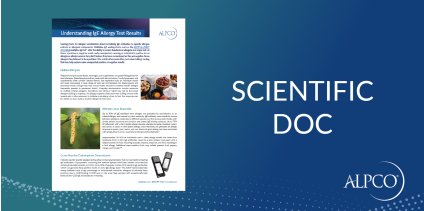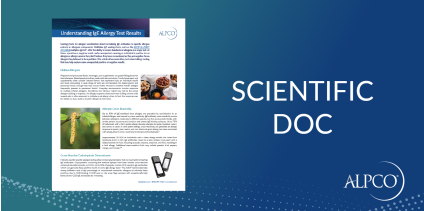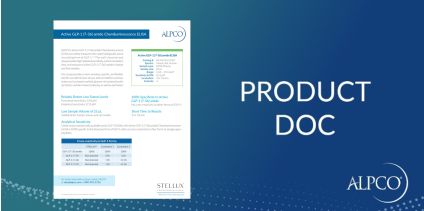Complement System Classical Pathway ELISA
$869.00
Catalog
13-COMPL-CP310
The Complement System Classical Pathway ELISA is a functional test of the CP complement pathway accounting for rate of synthesis, degradation, and consumption. For Research Use Only. Not for Use in Diagnostic Procedures.
Species
Human
Regulatory Status
Research Use Only. Not for Use in Diagnostic Procedures.
Product Distribution
Available in North America Only
Range
Cut-off
Sensitivity
See package insert
Sizes
96 Wells
Sample Types
Serum
Inc Time Hour
2
Inc Time Overnight
No
Inc Time See Protocol
No
Sample Size
5
Detection
Colorimetric
The complement system plays an essential role in chronic, autoimmune, and infectious diseases. There are three pathways of complement activation (fig. 1), namely the classical, the alternative, and the lectin pathway.
Impaired complement activity causes humans to become susceptible to repetitive fulminant or severe infections and may contribute to the development of autoimmune disease. Inappropriate activation of complement contributes to chronic inflammation and tissue injury.
In vitro activation of the complement sequence leads to the consumption of complement components which, in turn, leads to a decrease in their concentration. Thus, the determination of complement proteins or complement activity is used to indicate whether the complement system has been activated by an immunologic and/or pathogenic mechanism. Both functional and immunochemical complement measurements are used to evaluate subjects when a complement-activating disease is suspected or an inherited deficiency is possible. The level of complement activity evaluated by functional assays Complement System Classical Pathway ELISA takes into account the rate of synthesis, degradation, and consumption of the components and provides a measure of the integrity of the pathways as opposed to immunochemical methods which specifically measure the concentration of various complement components.

